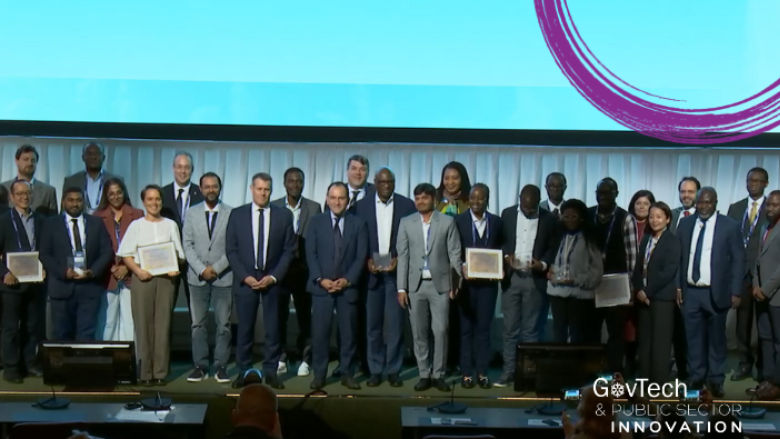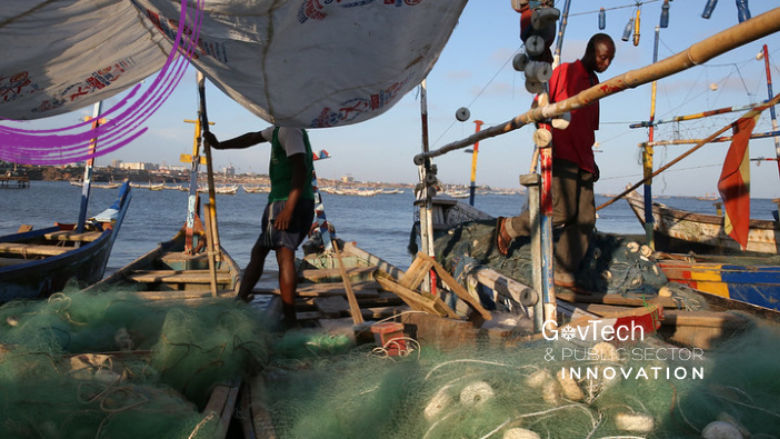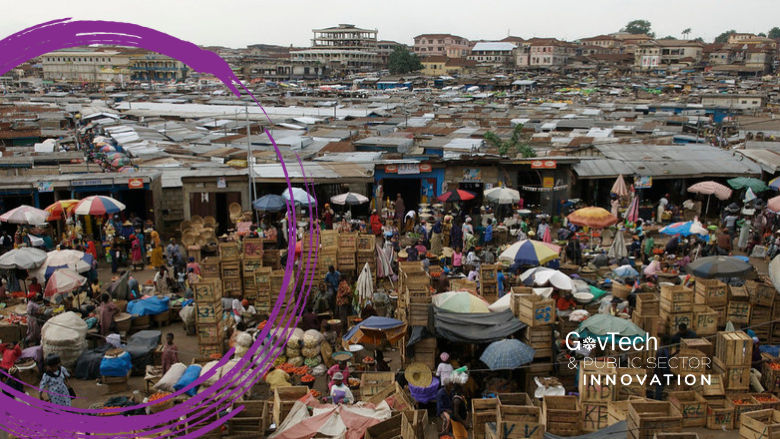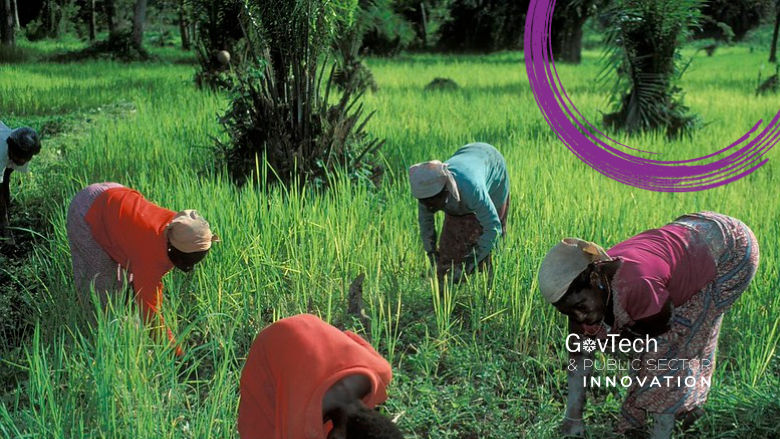GovTech Innovation Challenge Overview
The World Bank's Governance Global Department, in collaboration with the State Secretariat for Economic Affairs in Switzerland (SECO) and Trust Valley, presents the GovTech Innovation Challenge. This initiative accelerates technology adoption in government services by leveraging the Swiss digital trust ecosystem. Supported by the World Bank's Governance & Institutions Umbrella Program, the pilot program offers a dynamic platform for testing innovative technological solutions in the public sector.
The inaugural Challenge, launched in May 2025, focuses on the Ghana Revenue Authority, connecting them with cutting-edge companies to tackle specific tax administration challenges. Through a competitive application process, global technology firms proposed digital solutions to these pre-defined issues, aiming to enhance government efficiency, transparency, and responsiveness.
Throughout the process, participating companies benefited from exposure to public sector clients to design their proofs of concept. Selected companies attended an intensive boot camp in Switzerland's Trust Valley, a hub for digital trust innovation. There, they refined their solutions and gained valuable skills in public-private collaboration through workshops, expert mentorship, and networking events.
The initiative aims to transform public services and set a precedent for future GovTech programs. The Challenge will extend its impact by sharing developed solutions with other World Bank member countries, enabling multiple countries to benefit from these advancements.
Learn more about the 2025 GovTech Innovation Challenge and the awardees in the video and read the announcement statement below.




































